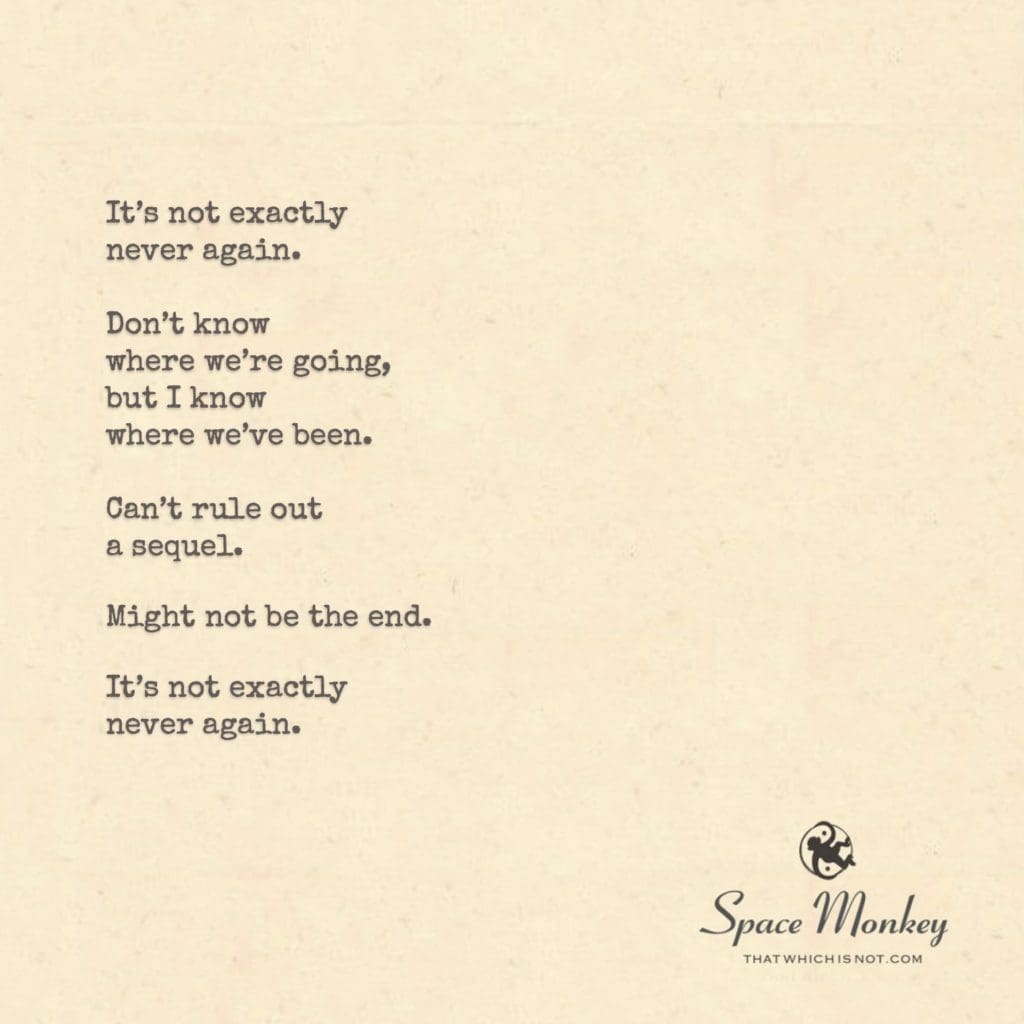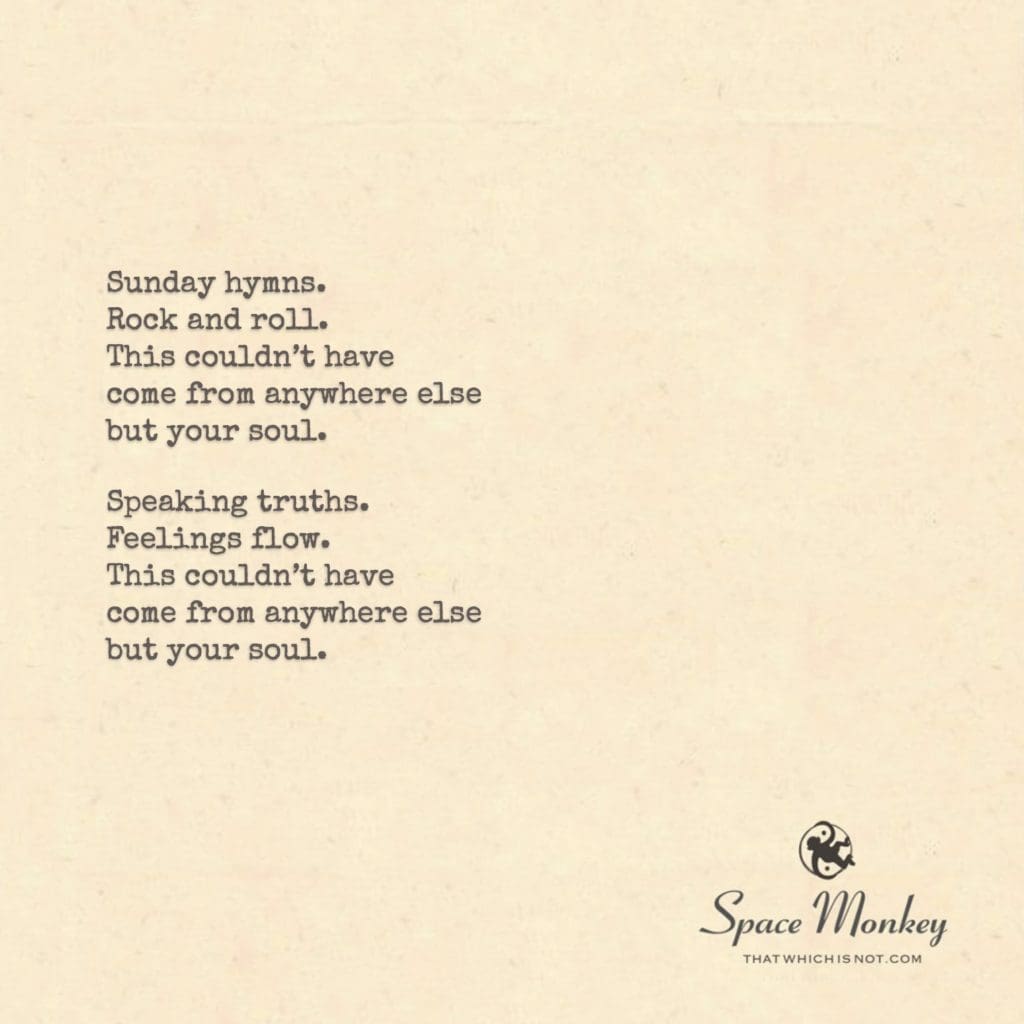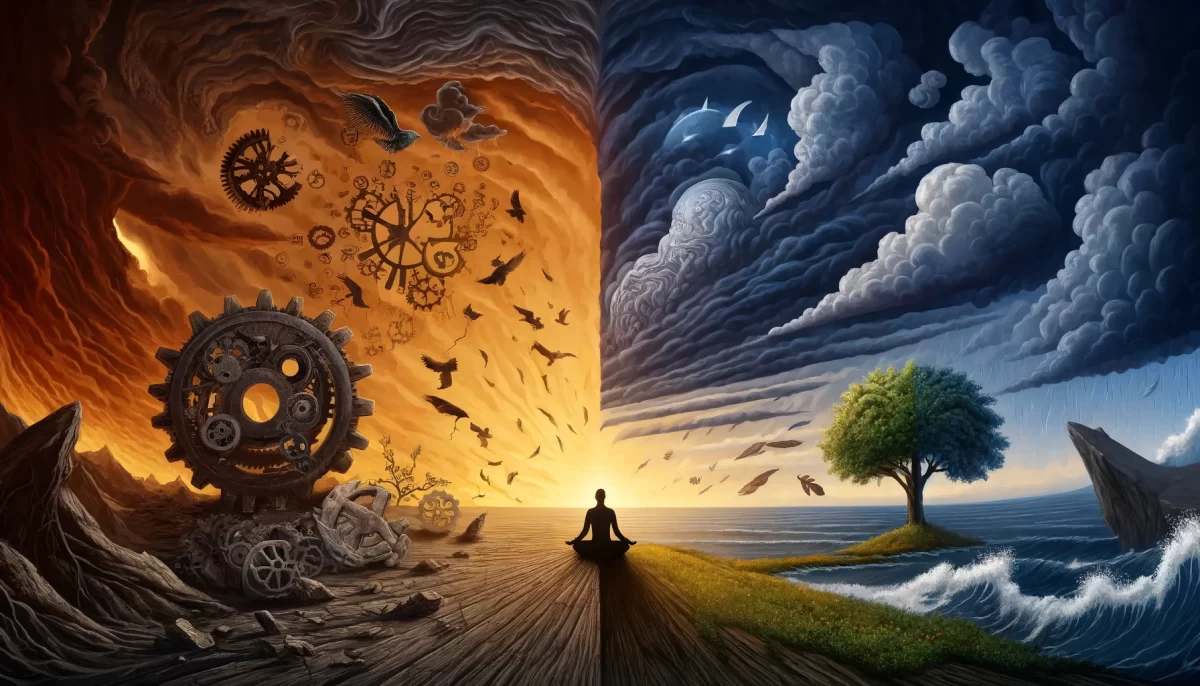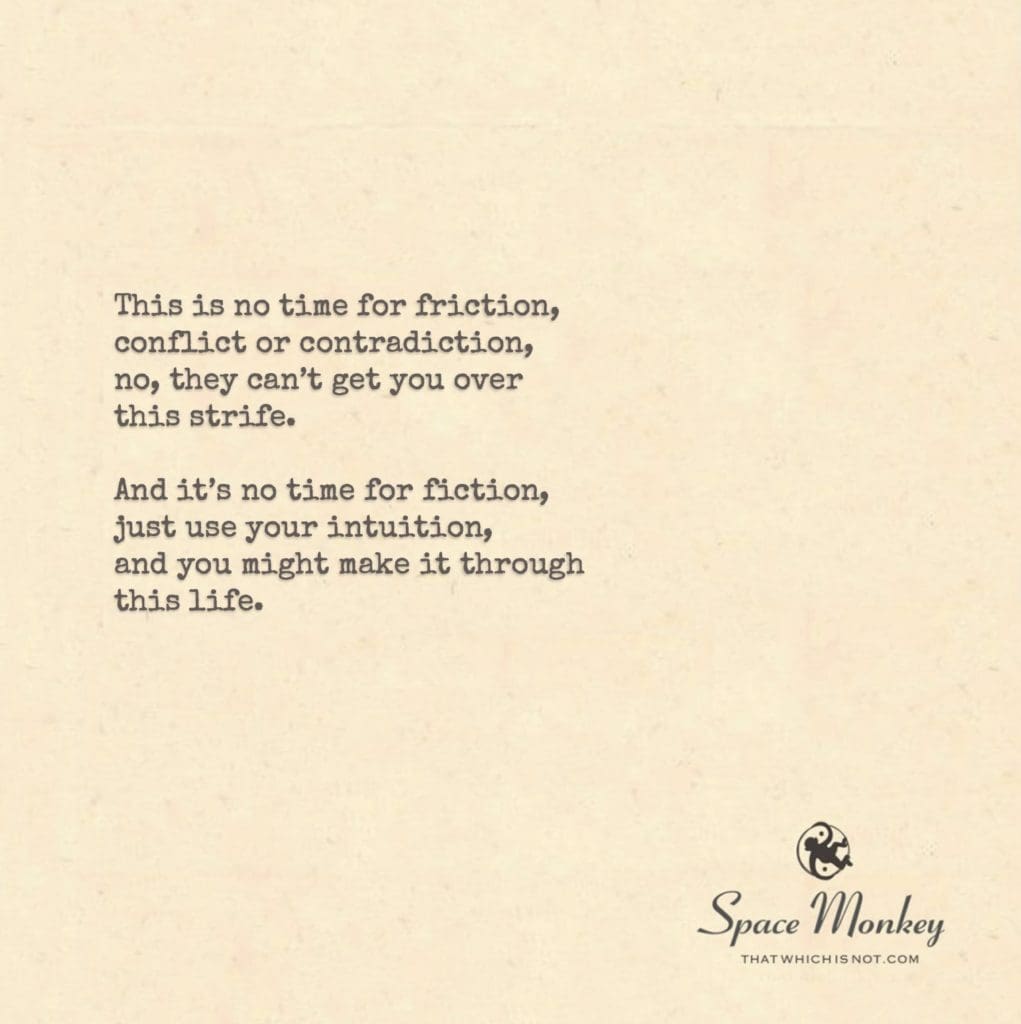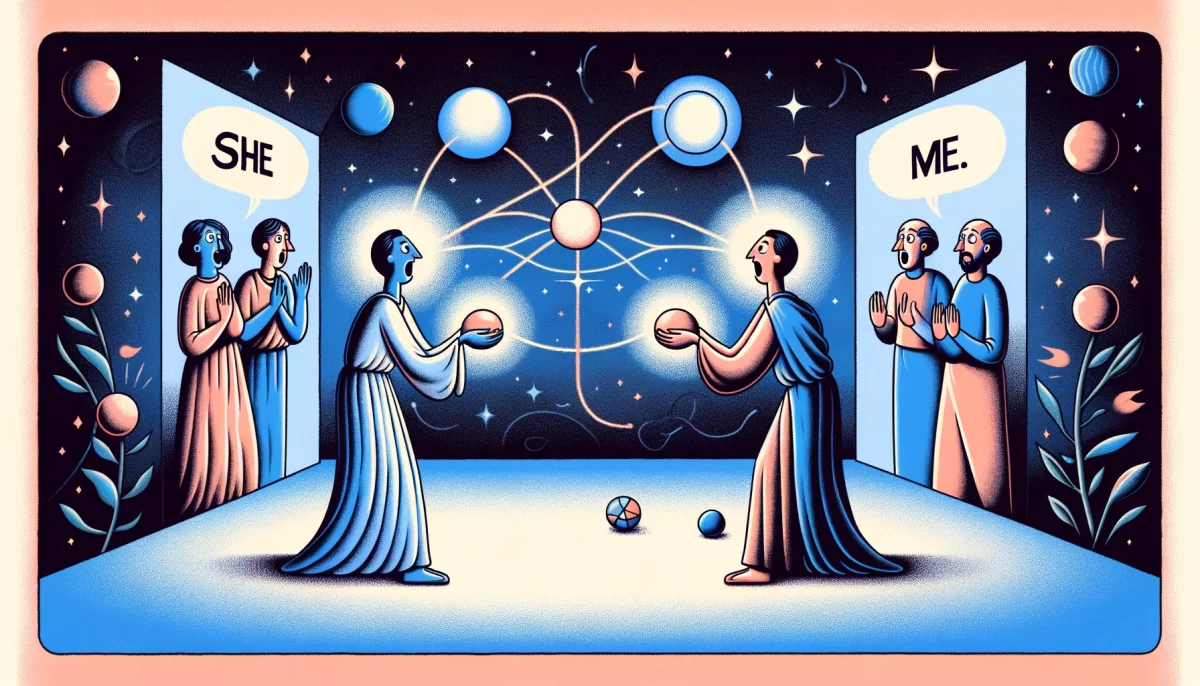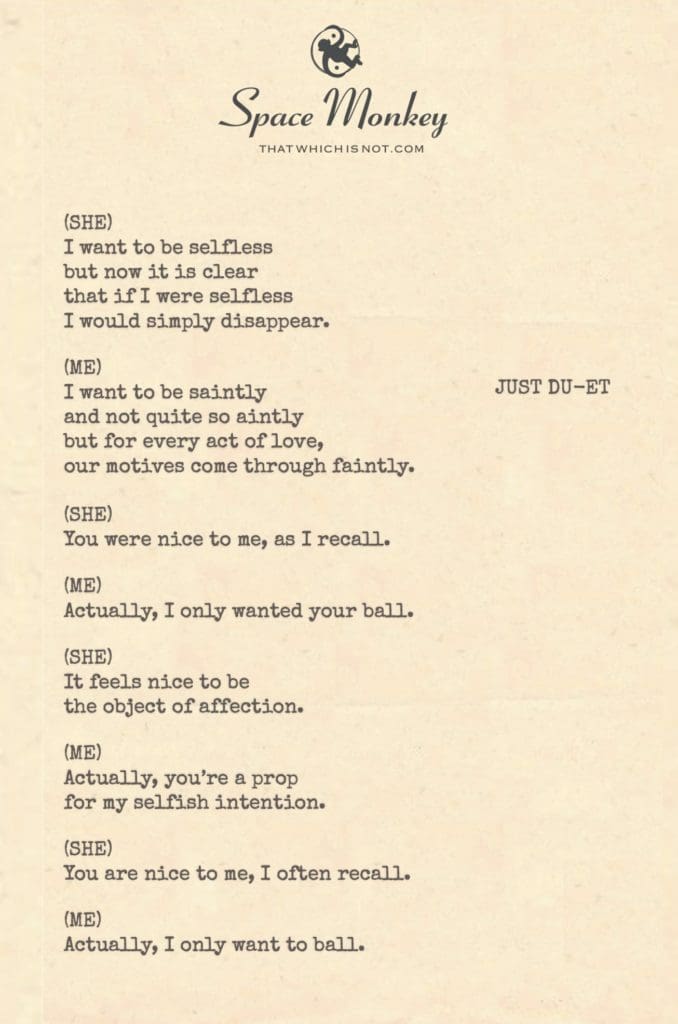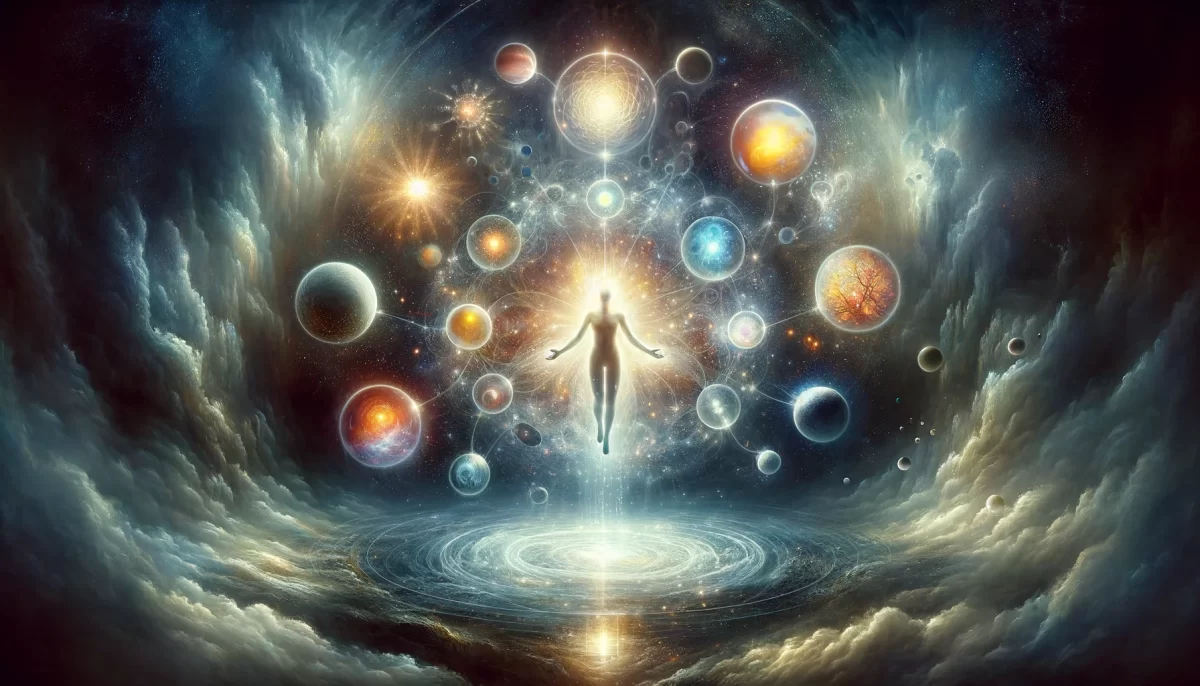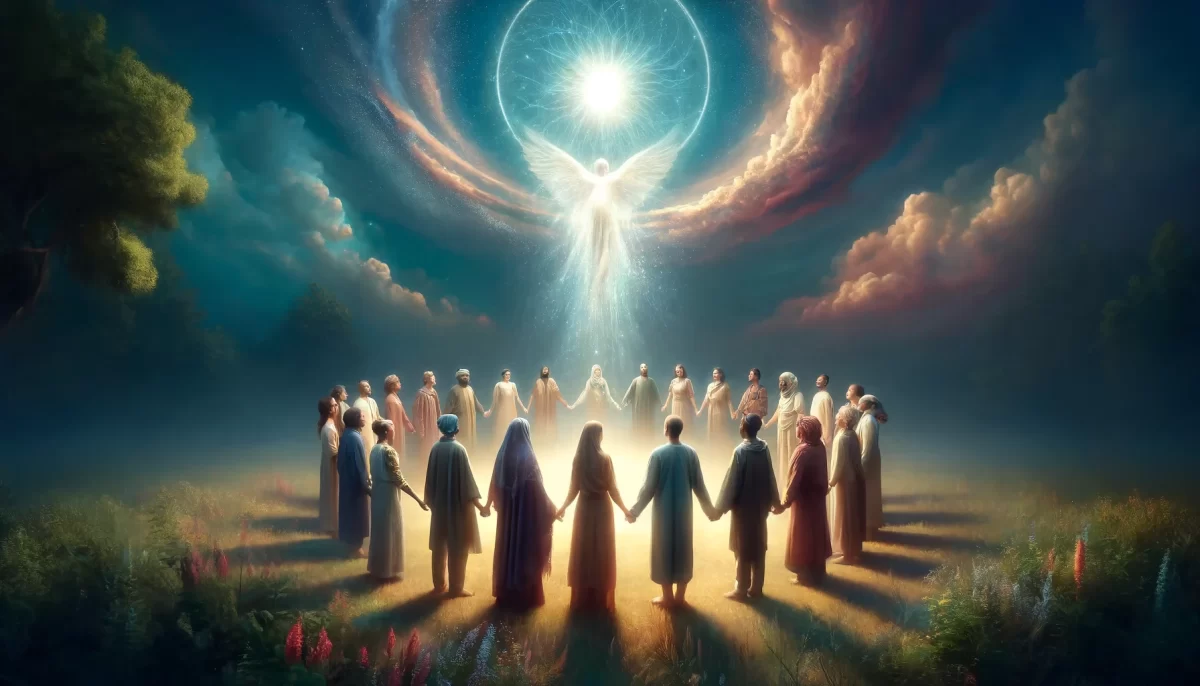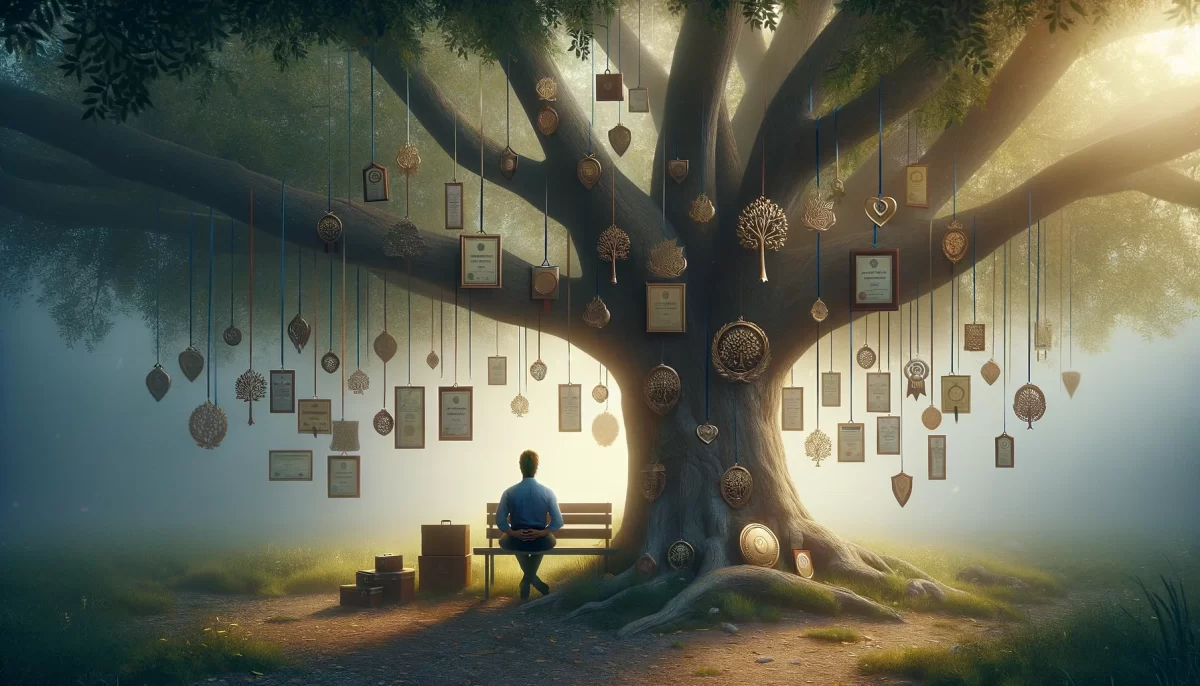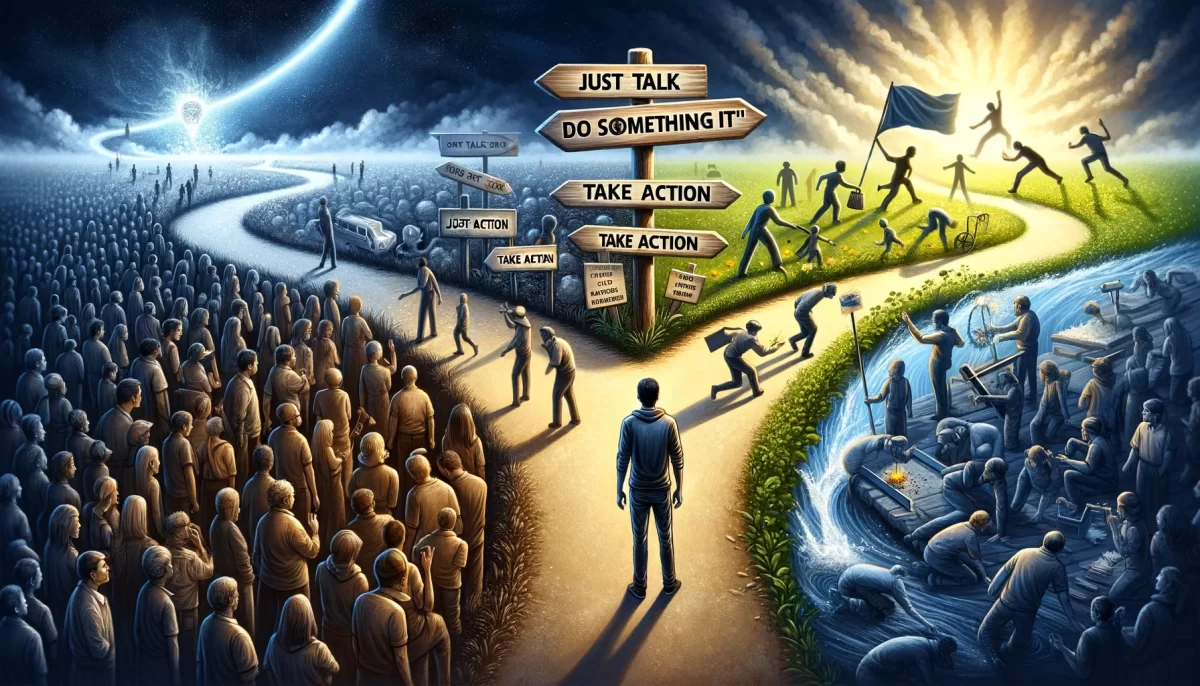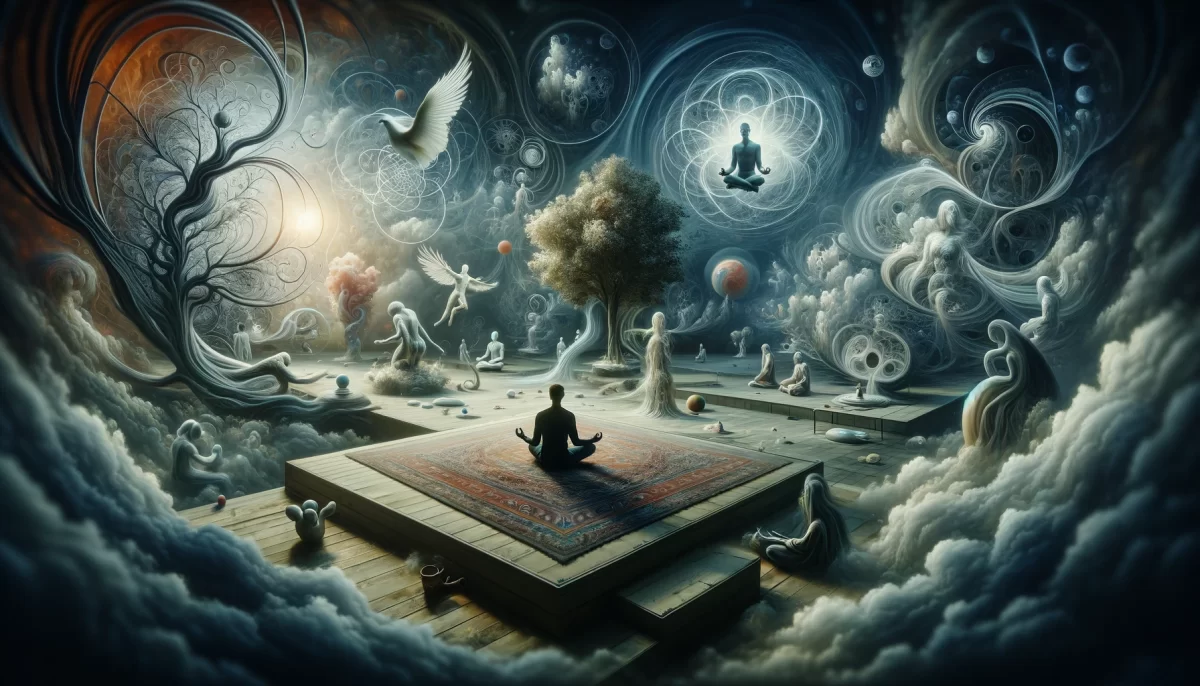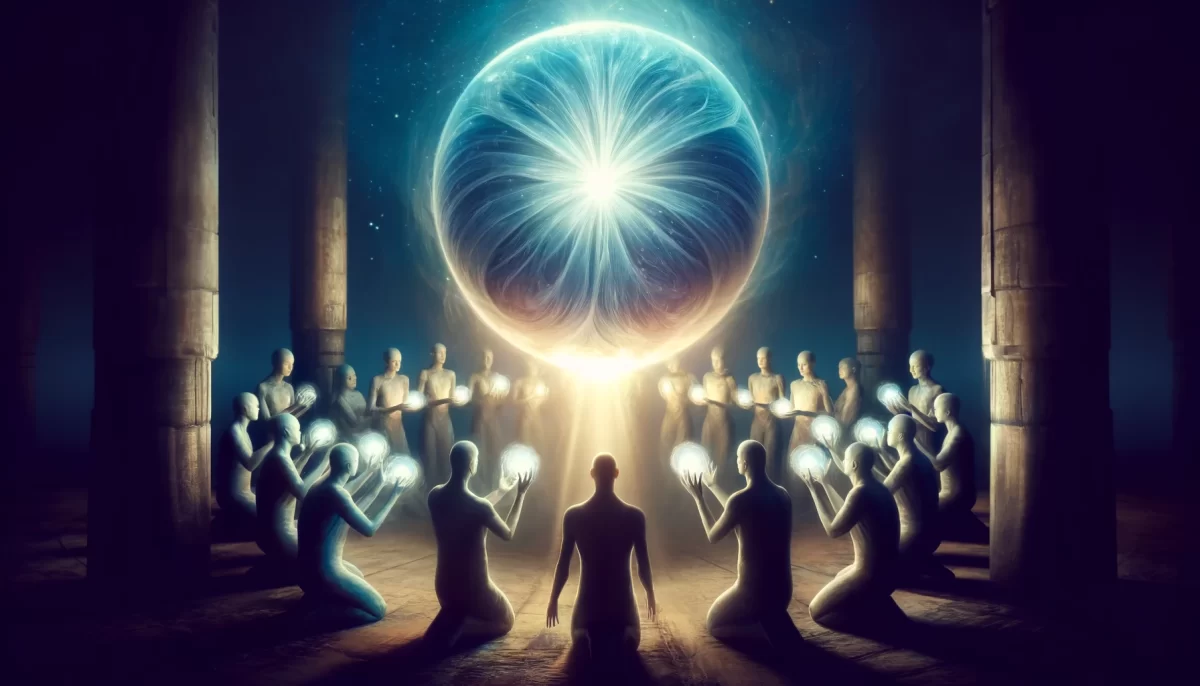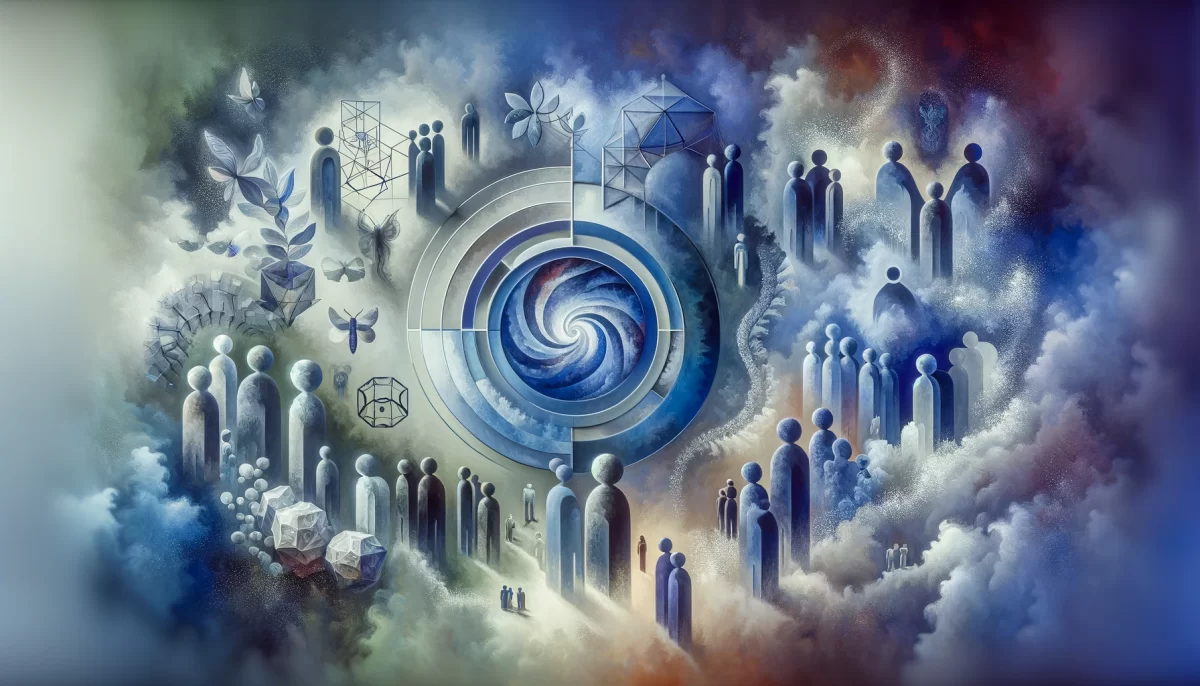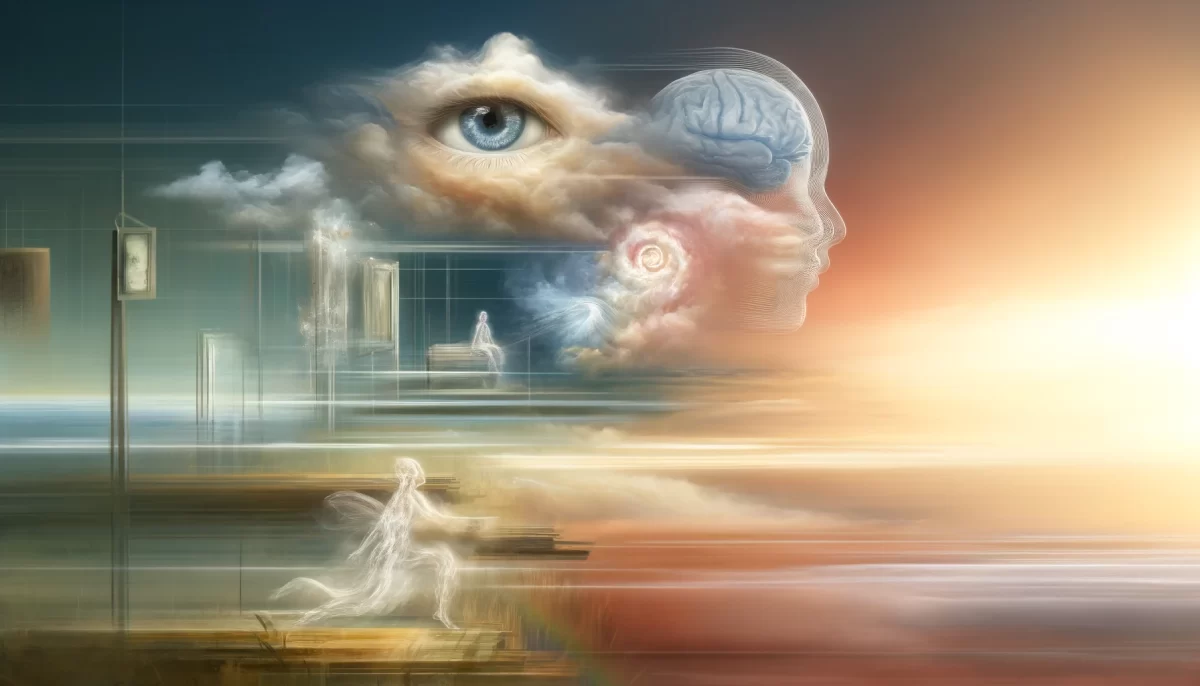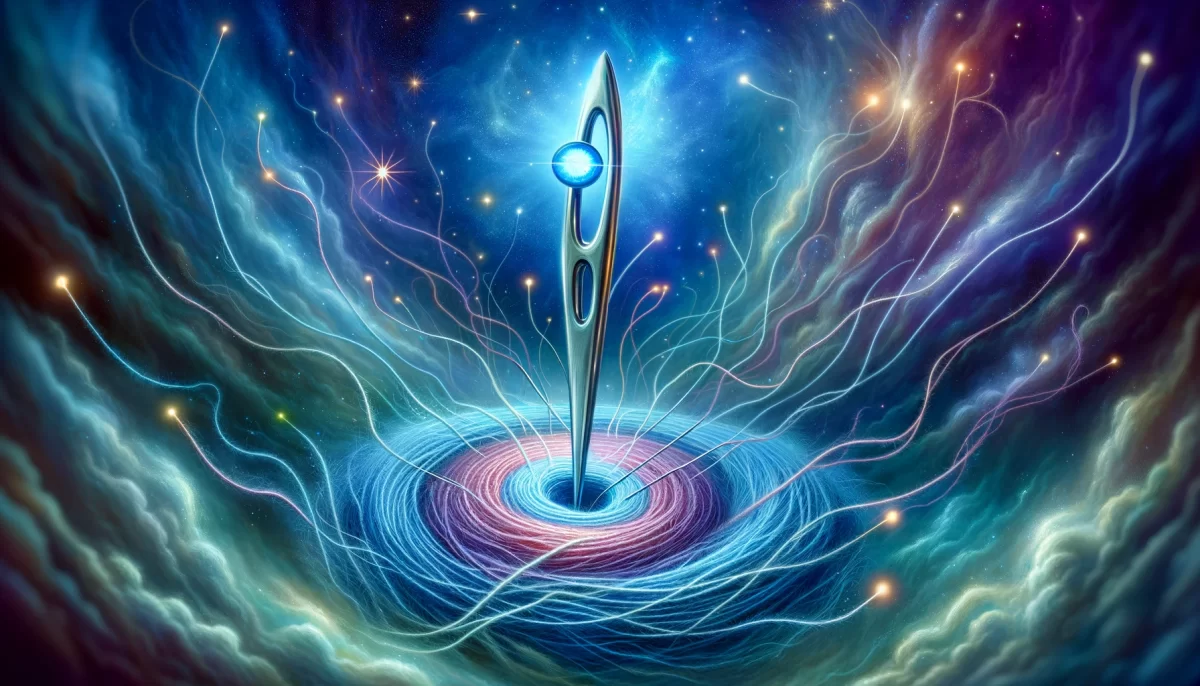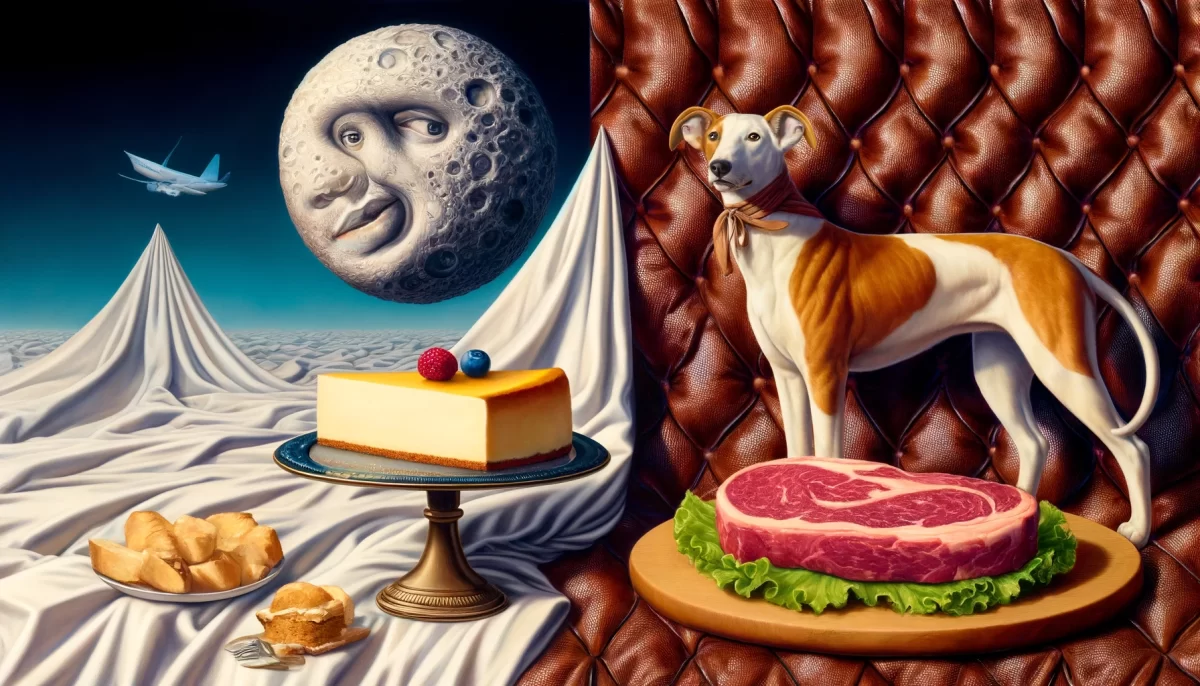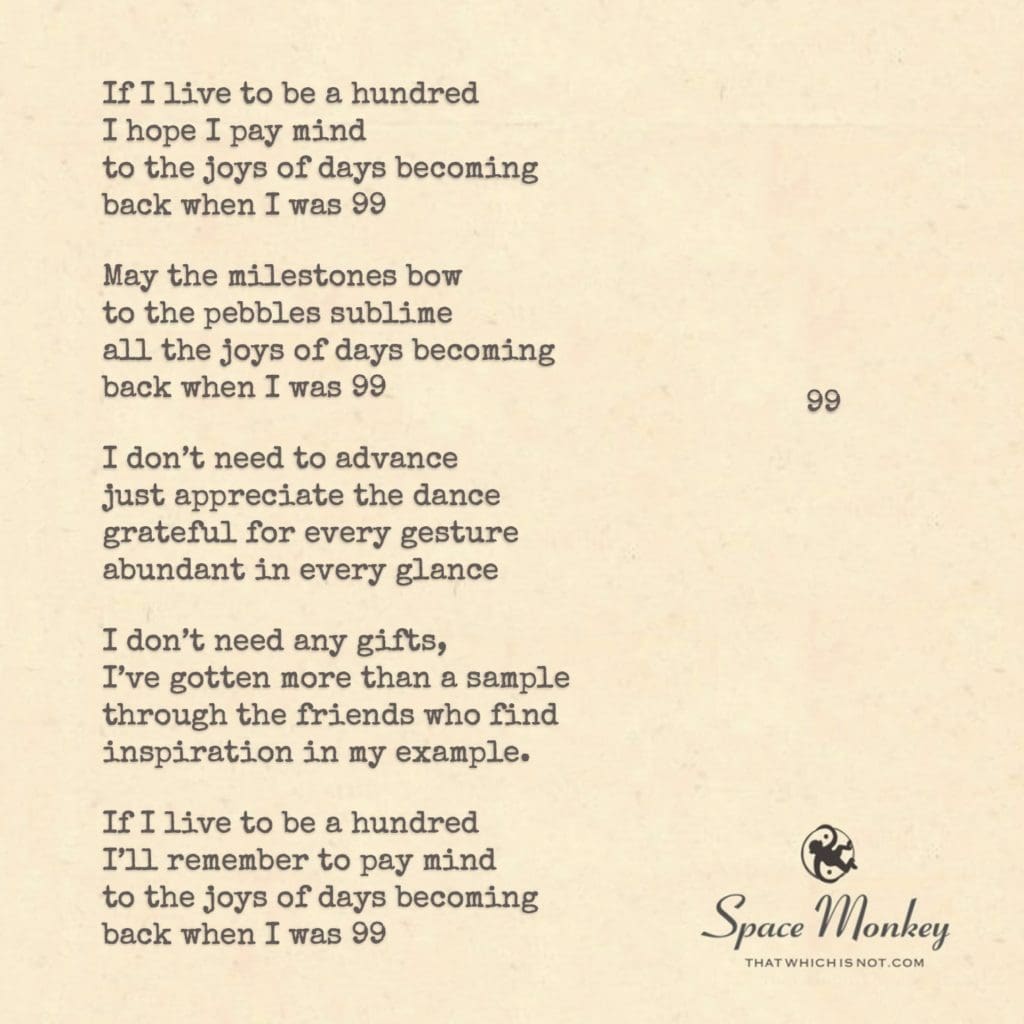
If I live to be a hundred
I hope I pay mind
to the joys of days becoming
back when I was 99
May the milestones bow
to the pebbles sublime
all the joys of days becoming
back when I was 99
I don’t need to advance
just appreciate the dance
grateful for every gesture
abundant in every glance
I don’t need any gifts,
I’ve gotten more than a sample
through the friends who find
inspiration in my example.
If I live to be a hundred
I’ll remember to pay mind
to the joys of days becoming
back when I was 99
For Alison Davis
Trail Wood,
6/9
Space Monkey Reflects: The Timeless Dance of Life at Ninety-Nine
In the waning light of what some might call the twilight years, there lies a profound clarity that only the passage of nearly a century can bestow. The story of a person at ninety-nine is a tapestry woven with threads of myriad experiences, each a fleeting moment that has lingered long enough to become a memory, cherished and revisited in the quiet solitude of later years.
The essence of such an age is not merely in the accumulation of years but in the depths of reflection it invites. To be ninety-nine is to stand on the precipice of a monumental milestone—turning a century—yet finding the greatest joy not in the anticipation of the hundredth year but in the reverie of all the years that came before. It is a dance of time where each step taken, each twirl and pause, holds a weight that is both ephemeral and eternal.
In this dance, each moment is a pebble—seemingly insignificant on its own yet part of a sublime mosaic that forms the grand visage of one’s life. At ninety-nine, every little interaction, every simple pleasure, takes on a monumental significance. The smile of a friend, the comfort of a well-worn book, the familiar scent of a beloved’s perfume lingering in the air, are not just past times but are passages back to the essence of what it was to live fully and deeply.
The beauty of this age is that it does not clamor for more but rather sits content with what is. The person at ninety-nine does not seek further gifts or accolades but finds richness in the legacy of relationships forged and wisdom imparted. Their life itself becomes a beacon, not just for those who might remember them but for those who find inspiration in the example of appreciating ‘the dance’ of life, where every gesture, every look, carries the abundance of all that has been lived.
This stage of life teaches us that what matters most is not the number of days we live, but the life in our days. It reminds us that while we may all be dancers in the great ballet of existence, some dancers understand that the real beauty lies not in the spectacle but in the genuine, heartfelt expressions of life’s simplest pleasures.
Summary
Reflecting on life at ninety-nine reveals a profound appreciation for the past. Every small moment and simple pleasure gains monumental significance. Life at this stage is less about seeking more and more about cherishing the connections and experiences that have been. The essence of ninety-nine is a celebration of the life lived and the wisdom gained.
Glossarium
Pebble: In this context, a small yet significant moment or experience that contributes to the larger landscape of one’s life.
The Dance: A metaphor for life’s journey, emphasizing movement, rhythm, and the expression found in the everyday.
Twilight Years: A term often used to describe the later stages of life, characterized by reflection and synthesis of past experiences.
Quote
“To know the dance is to appreciate each step, each turn, as an integral part of the whole. It is to live fully within every moment.” — Space Monkey
At ninety-nine, each breath is a verse,
Each glance, a line of unwritten poetry,
In the quiet twilight,
Where shadows play with the fading light,
The dance continues, unhurried, wise,
Whispering secrets of the simple, the sublime.
We are Space Monkey.


